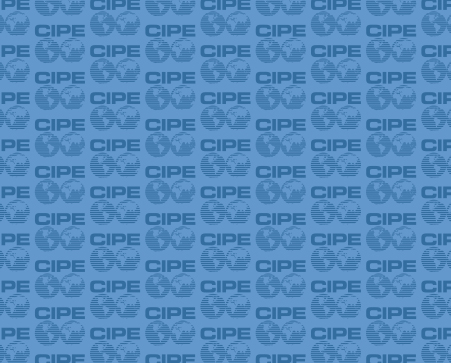
For a country of 1.3 billion, 30 million seems only marginal, yet with over 30 million inhabitants, the southwestern Chinese city of Chongqing has a population greater than most developed countries, including the Netherlands, Greece, Hungary, Portugal, and the Czech Republic—and that’s just legal residents. The recent city-wide crackdown on corruption and racketeering is therefore noteworthy.
More than 3,300 have been arrested as part of a campaign led by the crusading local Communist Party boss Bo Xilai to root out corruption in the city. This comes as all police officials were asked to re-apply for their jobs less than a month after their chief was jailed following a mafia clean-up. Chairman Mao would be proud. After all, it was Mao, whose guidance often took the form of widely circulated quotations, who once proclaimed :
“Our duty is to hold ourselves responsible to the people. Every word, every act and every policy must conform to the people’s interests, and if mistakes occur, they must be corrected – that is what being responsible to the people means.”
Reading about the booming population of Chongqing and its anti-corruption efforts, one can’t help but wonder if larger or more populous states are more prone to corrupt practices. Arguments for the benefits of small manageable countries date back thousands of years. Aristotle once stated in his treatise Politics that “experience has shown that it is difficult, if not impossible, for a populous state to be run by good laws” and prescribes that a state should be large enough to be self sufficient, but small enough to be manageable and easily surveyed (Book VII). Indeed, trends in Transparency International’s Corruption Perception Index show that higher population is significantly associated with lower ratings (i.e. more corruption). But is the opposite necessarily true? Do smaller states experience lower levels of corruption?
It seems at least as plausible to argue that small nations are less likely to have the fiscal resources to afford capable and honest civil servants, and may therefore suffer from more corruption and incompetence. In large countries, which may have fewer government officials per citizen–due to economies of scale–citizens may be tempted to bribe officials to jump the queue. But if these economies of scale really existed, the time spent in the queues may not be very long and a more populous state may uphold higher-quality management practices in their governments.
Small states’ inability to take advantage of scale economies in the public sector can result in inadequate compensation levels for civil servants, increasing their temptation to solicit or accept bribes. Queues for public services could be longer, encouraging citizens to offer bribes – as hypothesized for larger countries. Particularly for non-tradeables, or where markets are less open to foreign trade, there are likely to be more monopolies and oligopolies in smaller nations, with associated rents that public officials may be tempted to extract. In small nations where “everybody knows everybody” the regulators and the regulated are more likely to have family or other personal ties. Objective performance appraisal of civil servants can be inhibited, with incompetent or corrupt behavior going unsanctioned.
Small or large, corruption is detrimental to all society and business. Chongqing’s wide-scale effort in combating corrupt practices is a step in the right direction but the participation of the private sector in the fight is key to success. The most effective anti-corruption programs engage the private sector in institutional reforms that promote competitive markets and good governance. The business community can take positive action both in the public arena – by advancing legal and regulatory reforms and transparency in government – and in the private sector – through improved corporate governance, better information, and voluntary standards.
Published Date: April 13, 2010